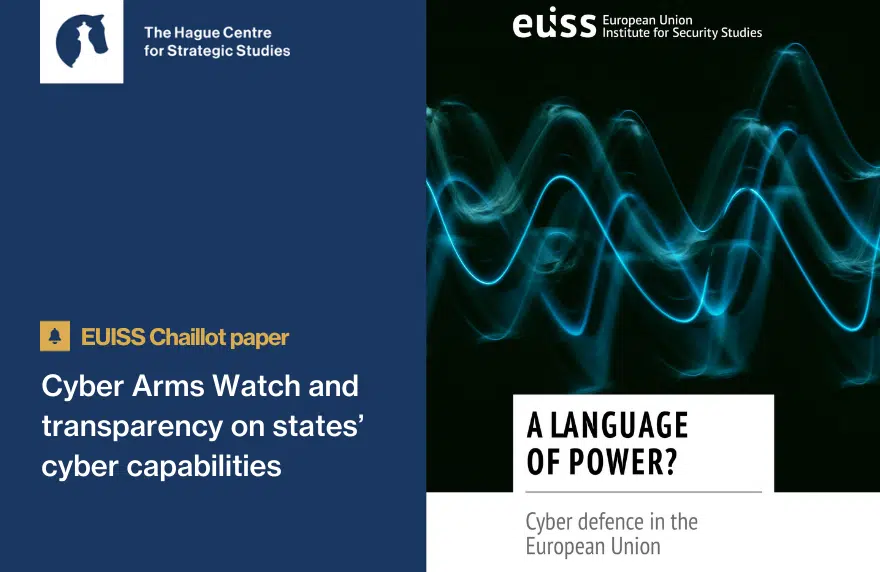The integration of artificial intelligence (AI) into the military domain is rapidly becoming a reality. HCSS and the Centre for International Governance Innovation are working together to navigate the AI governance landscape and inform the evolving processes around the governance of AI in the military domain. Heeding calls for insight into a nascent but already crowded governance landscape, this new joint report titled “International Norms Development and AI in the Military Domain“ consolidates seven focus areas found in international governance initiatives on AI in the military domain and identifies their strengths and weaknesses, as well as overlaps and gaps in the emerging normative landscape to paint an actionable way forward.
The focus areas, which reflect notable overlap between international governance initiatives are: accordance with international law, responsibility and accountability, explainability and traceability, bias and harm mitigation, reliability, governability, and exchange of practices.
The publication by HCSS Director of Research Dr. Tim Sweijs and HCSS Strategic Analyst Sofia Romansky underscores the challenges posed by both certain qualities inherent to AI-based and enabled technologies as well as their rapid advancement, which frequently surpasses the creation of appropriate norms and regulations.
The authors encourage meaningful reflection and conversations on the direction taken by international governance initiatives thus far as well as the creation of a strong governance framework that accounts for interdisciplinary dimensions, unique issues surrounding Al in military settings, and steers technological breakthroughs towards adherence with core ethical and legal principles.
This publication serves as a significant contribution to the current discussion about the relationship between artificial intelligence and military strategy. In order to ensure that AI technologies are used responsibly in military situations, it calls for engineers, policymakers, and military leaders to have meaningful conversations about the ethical implications of AI, the need for transparent governance structures and accountability.
• Authors: Dr. Tim Sweijs and Sofia Romansky
• Contributors: Ayla Elzinga and Julia Döll
• Co-publisher: The Centre for International Governance Innovation (CIGI)






